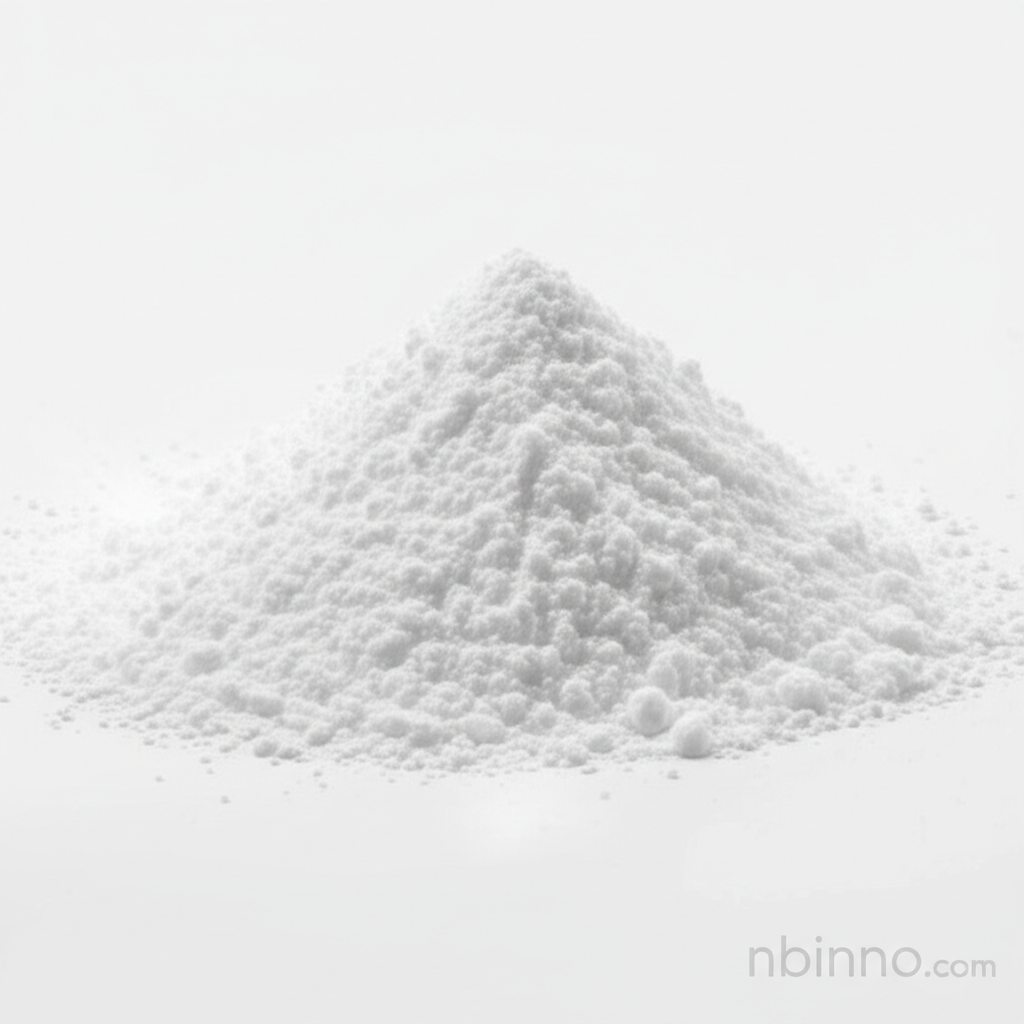Microcrystalline Cellulose MCC 101/102: A Pharmaceutical Excipient Essential
Discover the indispensable role of Microcrystalline Cellulose (MCC) in modern drug formulation, from binding to disintegration.
Get a Quote & SampleProduct Core Value

Microcrystalline Cellulose
Microcrystalline Cellulose (MCC) is a vital pharmaceutical excipient derived from high-quality wood pulp. It is a white, powder-like substance that is largely insoluble in water and organic solvents, making it a stable and reliable component in various drug formulations. Its unique properties enable it to function effectively as a binder, diluent, disintegrant, and more, contributing significantly to the quality and efficacy of the final pharmaceutical product.
- Leverage MCC's superior binding capabilities for robust tablet cohesion, ensuring consistent tablet hardness and preventing disintegration during handling.
- Utilize MCC as a key tablet disintegrant to promote rapid breakdown in the GI tract, thereby enhancing drug release and improving bioavailability.
- Benefit from MCC's excellent compressibility and flowability, critical factors for achieving high-speed tableting and uniform API content.
- Incorporate MCC into wet granulation processes for improved wetting and moisture retention, leading to uniform granules and efficient drying.
Key Advantages of MCC
Exceptional Binding Properties
MCC excels as a dry binder, significantly improving tablet cohesion and strength, which is crucial for microcrystalline cellulose pharmaceutical excipient performance.
Enhanced Drug Release
As a disintegrant, MCC facilitates rapid tablet breakdown, positively impacting drug release profiles and overall bioavailability, a key aspect of MCC tablet disintegrant functionality.
Versatile Formulation Use
Its ability to serve multiple roles, including filler and diluent, makes MCC a cost-effective and versatile choice for various dosage forms, aligning with direct compression excipient best practices.
Key Applications
Tablets
MCC is a primary excipient for tablet manufacturing, renowned for its binding and compressibility, supporting the development of high-quality tablets, crucial for pharmaceutical grade microcrystalline cellulose.
Capsules
Used as a filler and diluent in capsules, MCC contributes to accurate dosing and overall product stability, fitting the profile of a versatile cellulose gel excipient.
Wet Granulation
Its hydrophilic nature makes MCC ideal for wet granulation, improving granule properties and process efficiency, essential for wet granulation filler applications.
Direct Compression
MCC is a leading excipient for direct compression, offering excellent tabletability and flow, making it a cornerstone for MCC for drug release optimization.
